Clinical studies suggest the therapeutic potential of psychedelics, including ayahuasca, DMT, psilocybin, and LSD, in stress-related disorders. These substan…
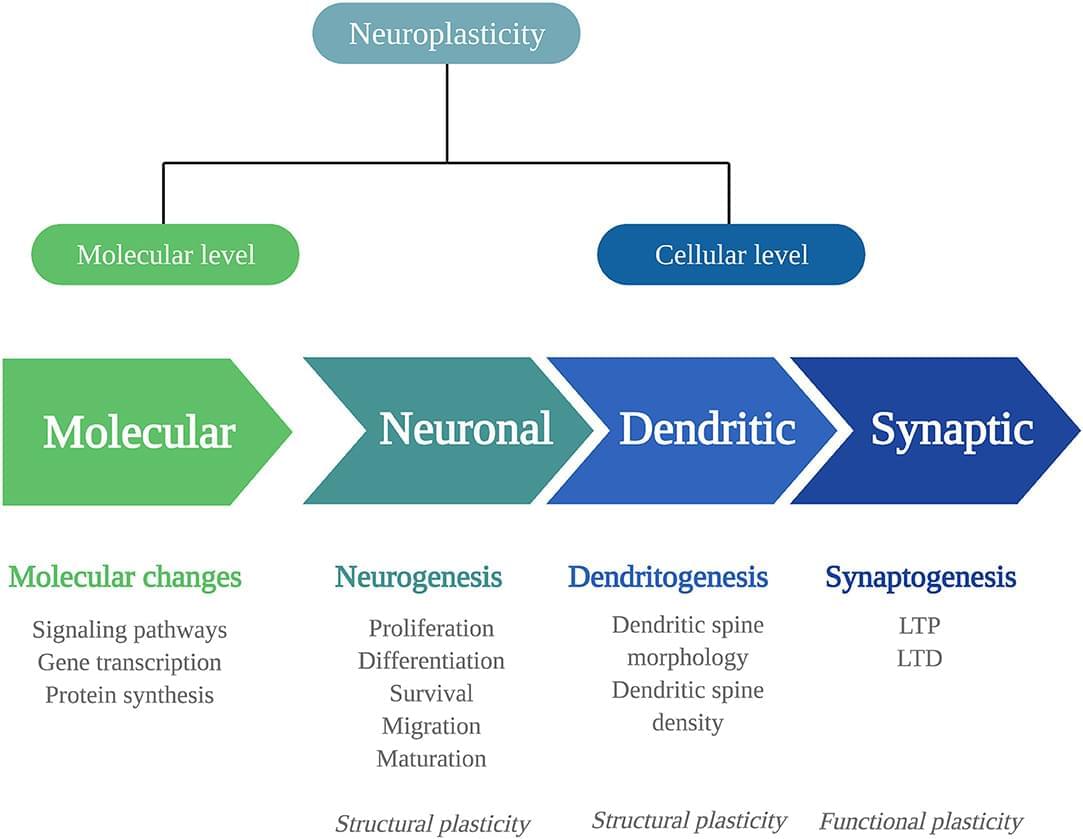

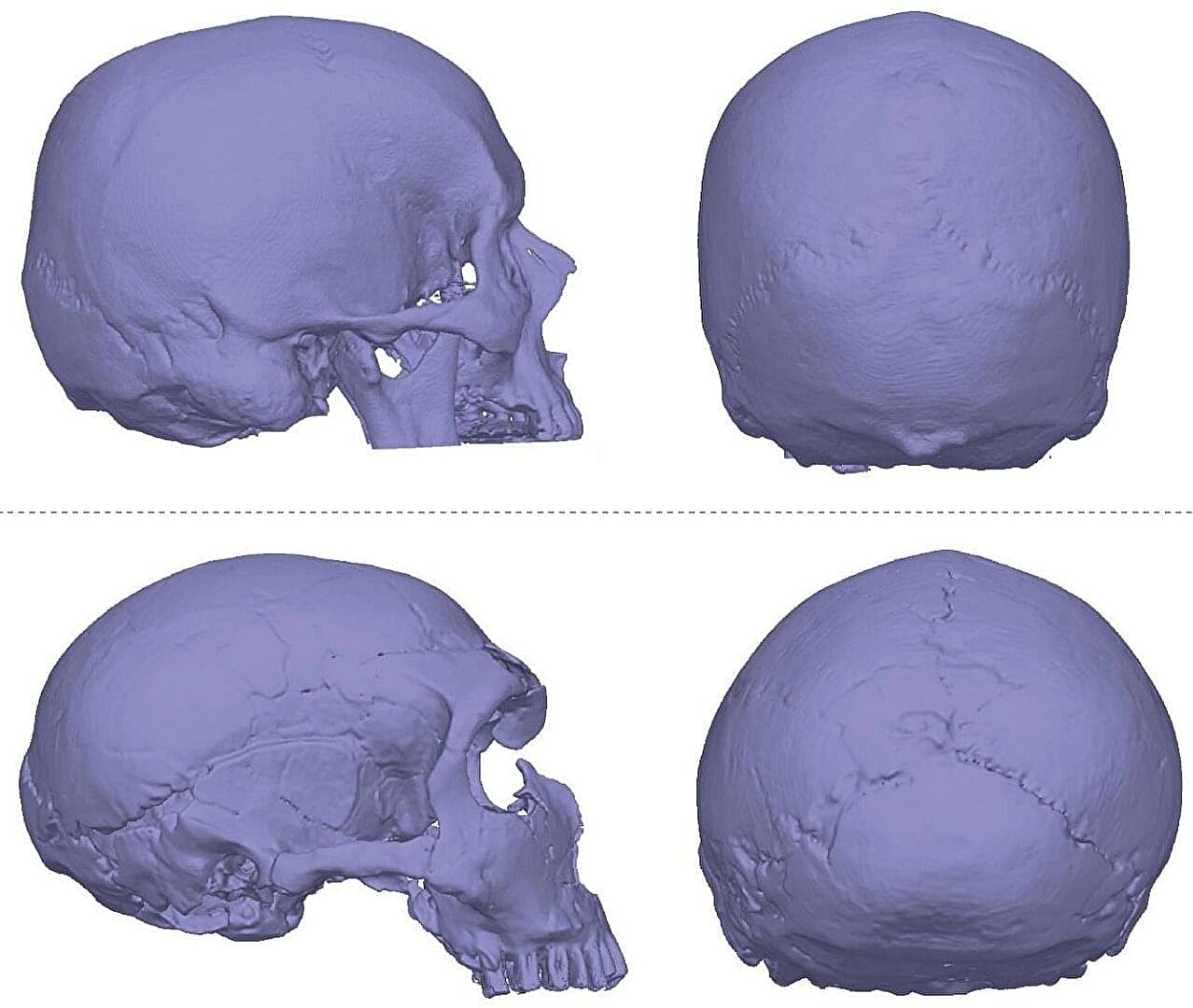
If you regularly experience headaches, dizziness, balance problems and blurred vision, our Neanderthal cousins could be to blame.
These are common symptoms of Chiari malformations, structural defects in which the lower part of the brain extends into the spinal cord. People with this condition have skulls shaped like those of our ancient relatives, leading to a hypothesis (known as the Archaic Homo Introgression Hypothesis) that it may be a genetic legacy from interbreeding between modern humans and Neanderthals.
To investigate this, Kimberly Plomp of the University of the Philippines Diliman and colleagues zeroed in on Chiari 1, the mildest form of the condition, which affects around 1 in 100 people.
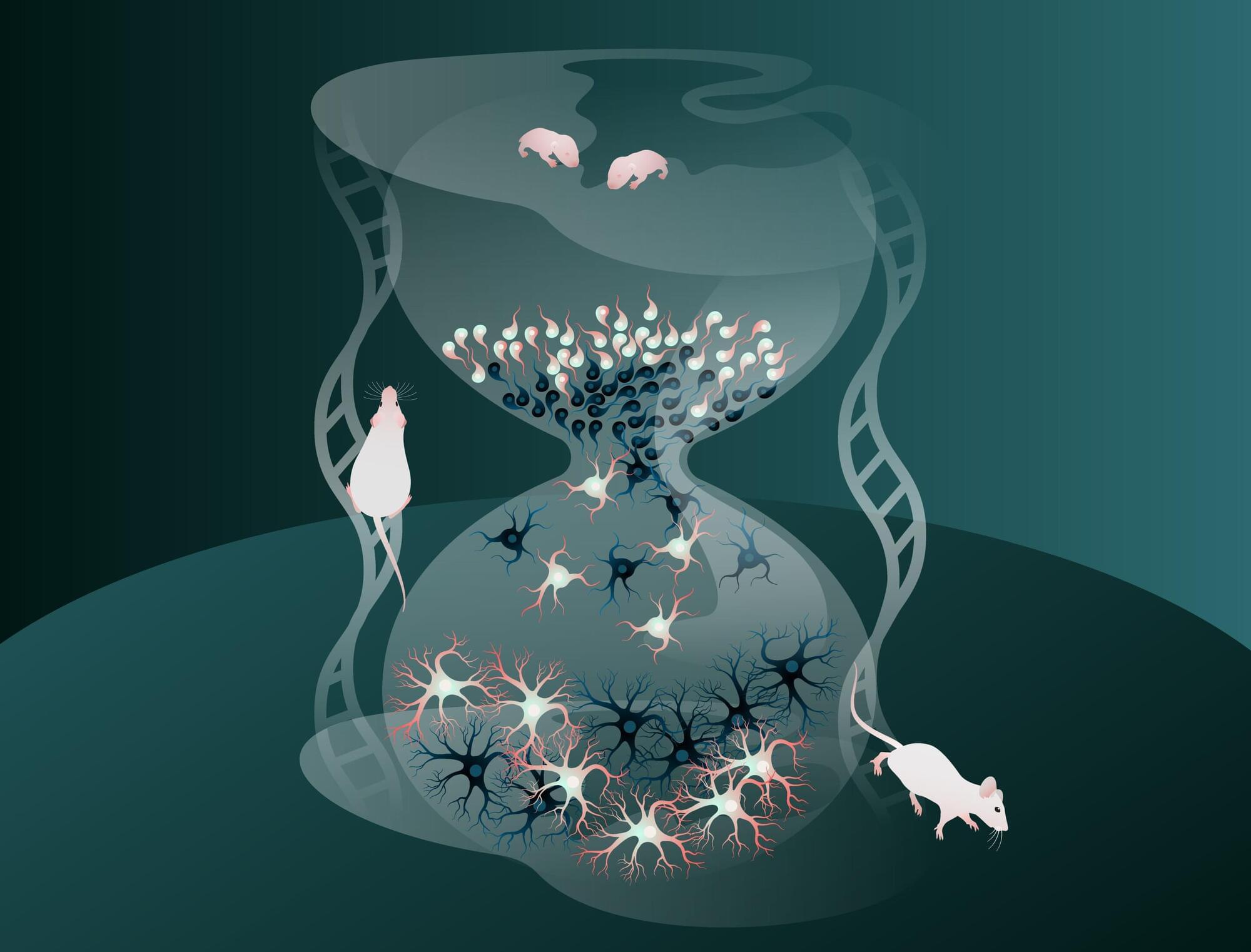
The human brain is made up of billions of nerve cells (neurons) that communicate with each other in vast, interconnected networks. For the brain to function reliably, there must be a fine balance between two types of signals: Excitatory neurons that pass on information and increase activity, and inhibitory neurons that limit activity and prevent other neurons from becoming too active or firing out of control. This balance between excitation and inhibition is essential for a healthy, stable brain.
Inhibitory neurons are generated during brain development through the division of progenitor cells—immature cells not yet specialized but already on the path to becoming neurons. A new study, led by researchers at the Max Planck Institute for Biological Intelligence, has uncovered a surprising feature of brain development based on findings in mice: During this essential process, cells born later in development mature much more quickly than those produced earlier.
The findings are published in the journal Nature Neuroscience.
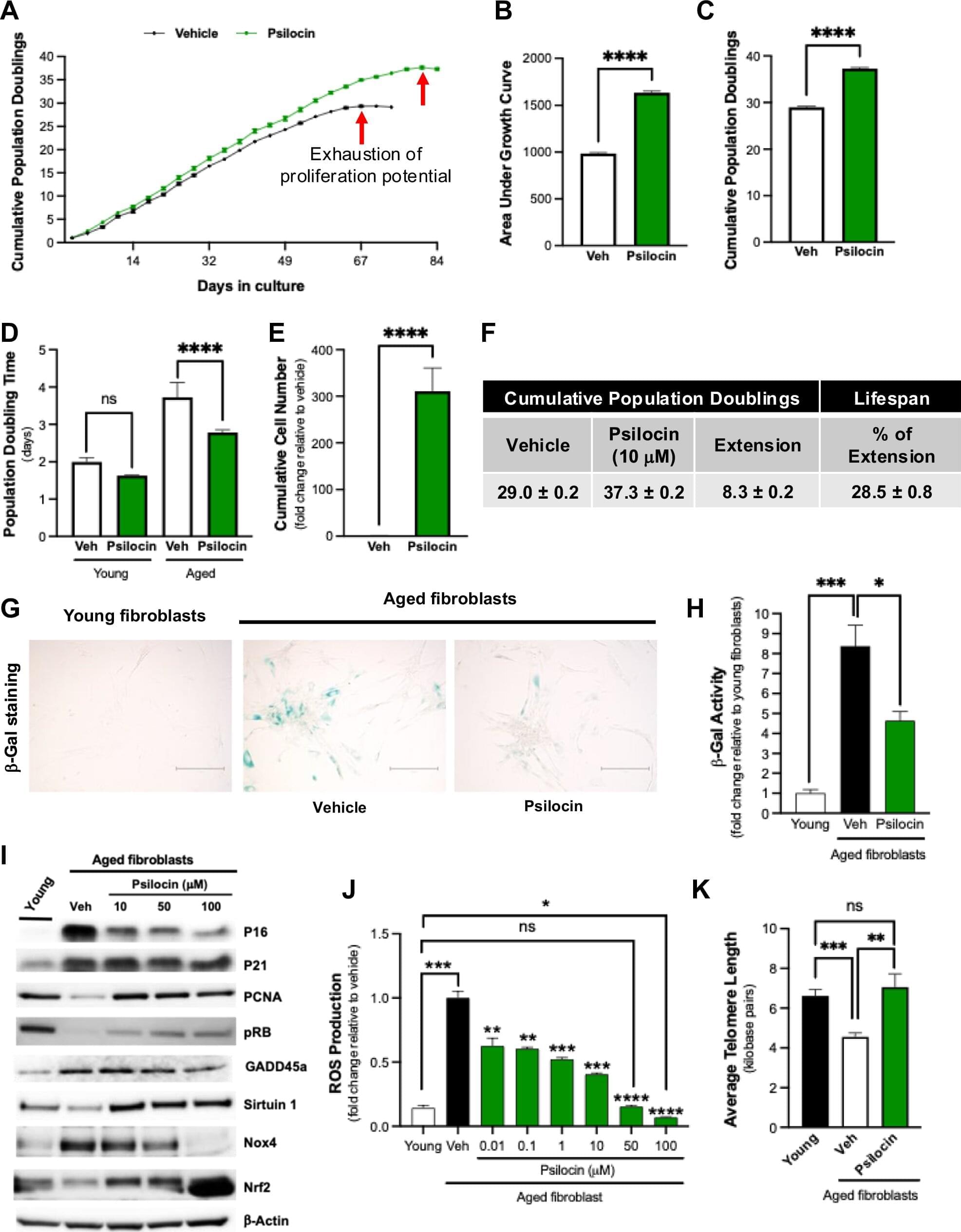
A compound found in psychedelic mushrooms may have antiaging properties. Researchers at Baylor College of Medicine have found that psilocybin, the active compound in psychedelic mushrooms, may extend both cellular and organismal lifespans.
The findings, published in the journal npj Aging, show that psilocybin reduced multiple hallmarks of aging in cells while also improving survival in aged mice.
“There have been a number of clinical studies that have explored the therapeutic potential of psilocybin in psychiatric conditions such as depression and anxiety; however, few studies have evaluated its impacts outside the brain,” said Dr. Louise Hecker, associate professor of medicine— cardiovascular research at Baylor and senior author of the study.

A new large-scale study spotlights postoperative delirium as a preventable and high-impact complication which is driven by patient frailty and surgical stress—and one that can be addressed through low-cost, evidence-based interventions.
The findings, which appear in JAMA Network Open, provide a call to action for clinicians, health systems, patients, and families to prioritize brain health throughout perioperative care.
“Postoperative delirium isn’t a minor complication—it’s analogous to acute brain failure, a medical emergency that should be recognized and addressed,” said Laurent Glance, MD, a professor of Anesthesiology and Perioperative Medicine at the University of Rochester Medical Center (URMC) and senior author of the study.
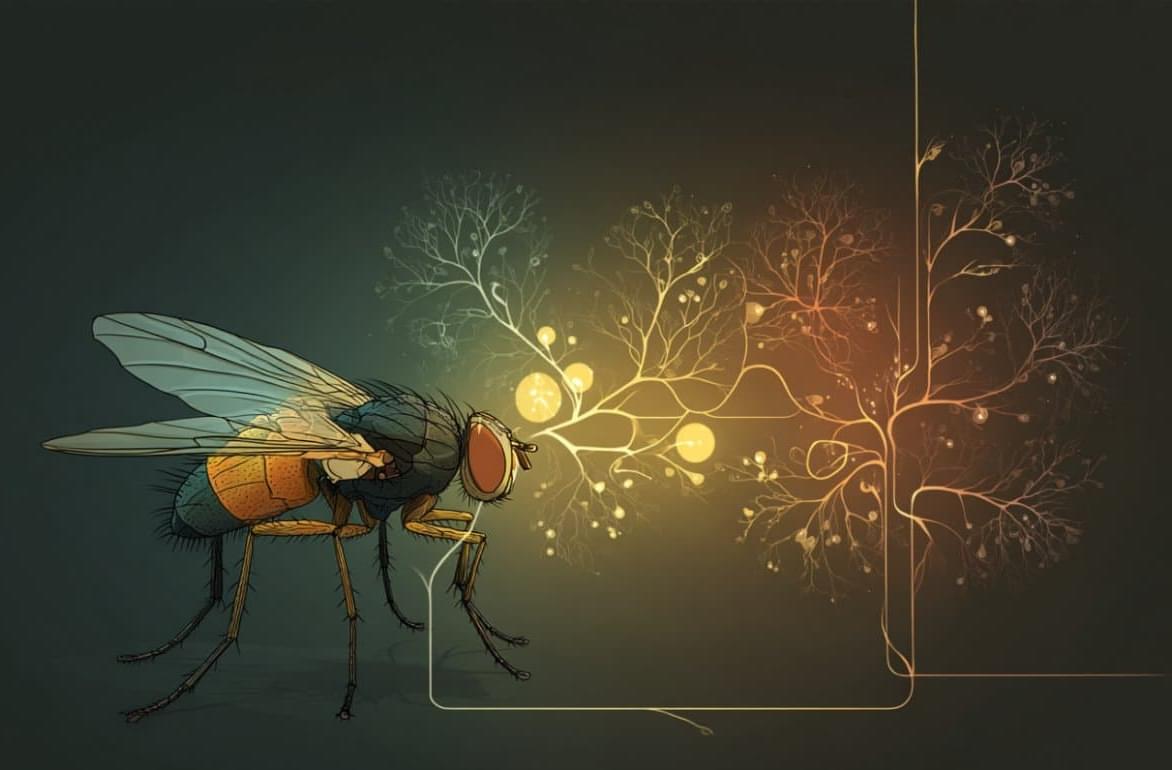
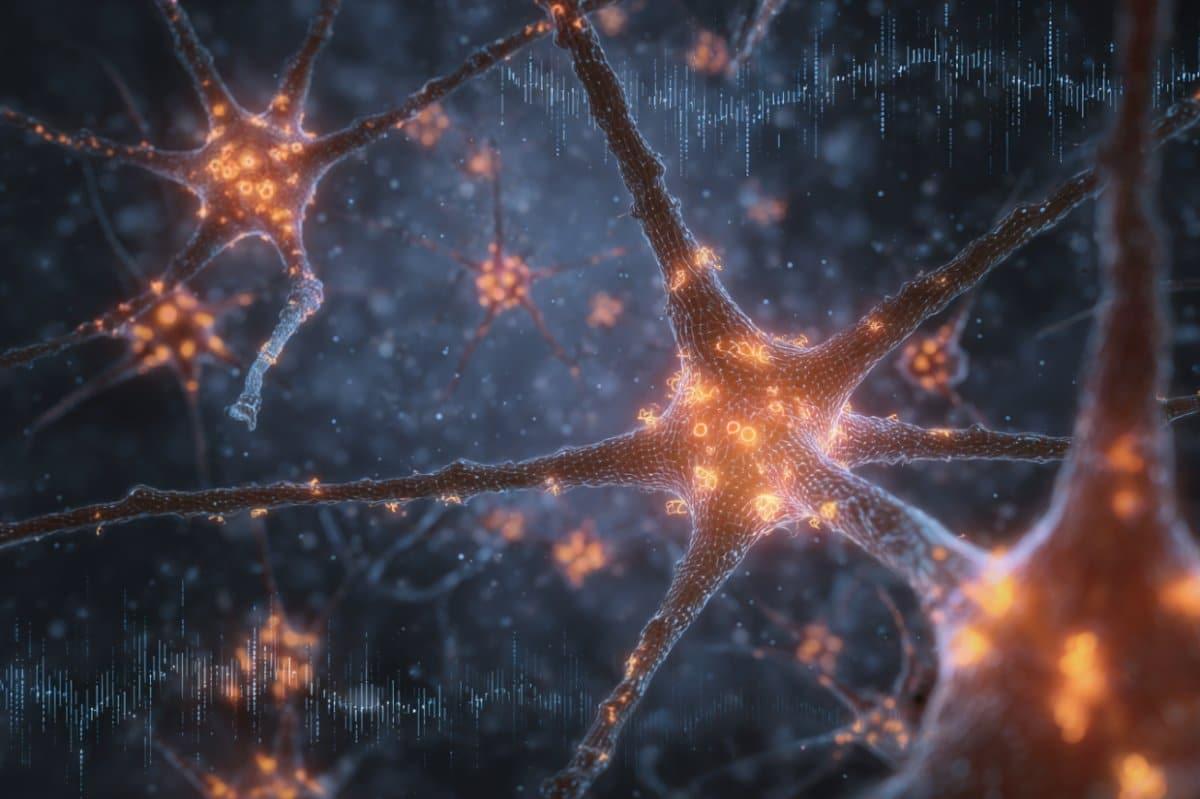

Psilocybin, the naturally occurring psychedelic compound produced by hallucinogenic mushrooms, has received attention due to considerable clinical evidence for its therapeutic potential to treat various psychiatric and neurodegenerative indications. However, the underlying molecular mechanisms remain enigmatic, and few studies have explored its systemic impacts. We provide the first experimental evidence that psilocin (the active metabolite of psilocybin) treatment extends cellular lifespan and psilocybin treatment promotes increased longevity in aged mice, suggesting that psilocybin may be a potent geroprotective agent.
Kato, K., Kleinhenz, J.M., Shin, YJ. et al. Psilocybin treatment extends cellular lifespan and improves survival of aged mice. npj Aging 11, 55 (2025). https://doi.org/10.1038/s41514-025-00244-x.

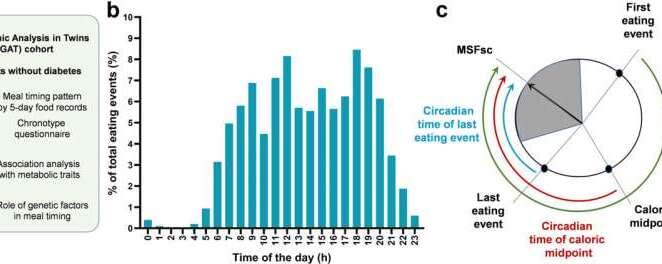
Our metabolic processes differ depending on the time of day and many of them are more active in the morning than in the evening. Although studies show that eating late in the day is associated with an increased risk of obesity and cardiovascular diseases, little is known about how the time we eat affects glucose metabolism and to what extent this is genetically defined.
Prof. Olga Ramich from the German Institute of Human Nutrition Potsdam-Rehbrücke (DIfE) and her team recently investigated this using data from a twin cohort from 2009-10. Their article was published in the journal eBioMedicine.
The circadian system is a hierarchically structured 24-hour time control system in the body that regulates behavior and metabolism via a central clock in the brain and peripheral clocks in organs such as the liver or pancreas. As a result, our metabolic processes differ depending on the time when we eat, which leads to diurnal fluctuations in glucose metabolism and the release of hormones after a meal.